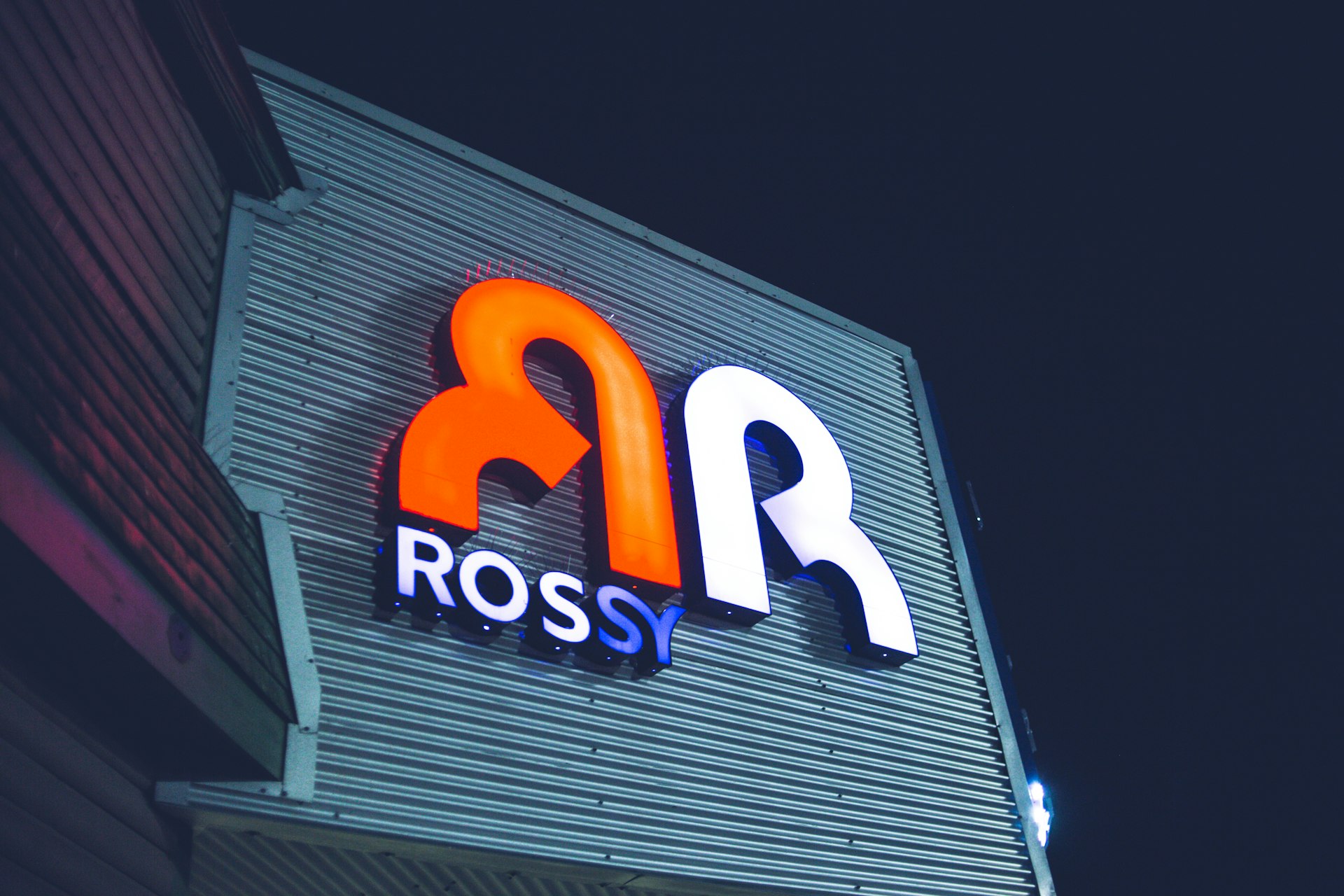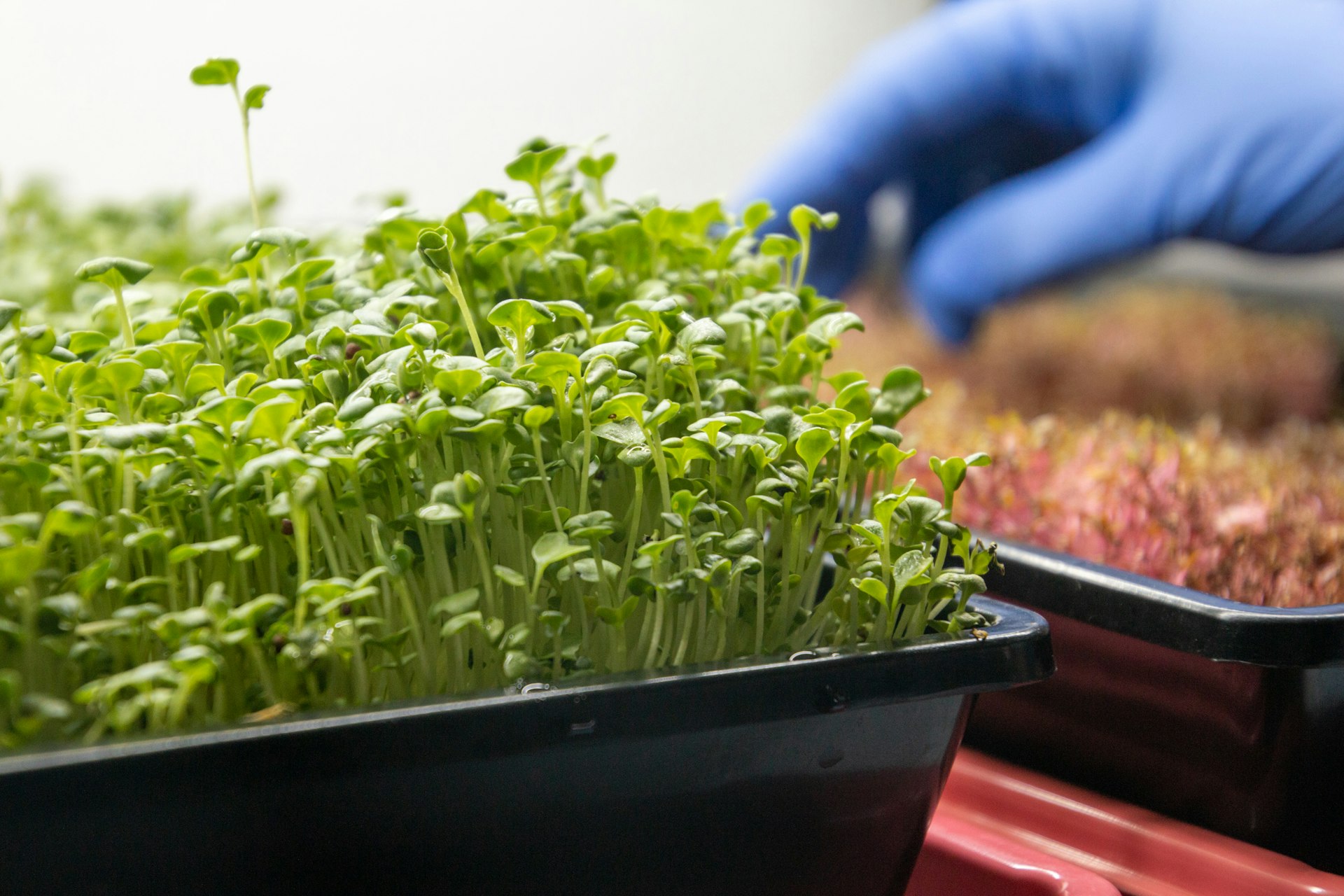A Practical Guide to Ethical Chocolate Sourcing: Empowering Farmers, Protecting the Planet

Photo by Maahid Photos on Unsplash
Introduction to Ethical Chocolate Sourcing
Ethical chocolate sourcing is a comprehensive approach that ensures cocoa is produced in a manner that is environmentally conscious, socially responsible, and economically sustainable. This practice is crucial for supporting cocoa farmers, preventing exploitative labor, and reducing environmental harm. By prioritizing ethical sourcing, businesses and consumers can help reshape the chocolate industry for the better [1] .

Photo by José Antonio Pulido Serrano on Unsplash
Core Principles of Ethical Chocolate Sourcing
Ethical chocolate sourcing is built on several core principles:
- Fair Compensation: Ensuring farmers receive fair wages for their labor, which helps lift communities out of poverty and empowers individuals [1] .
- Labor Rights: Eliminating child labor, forced labor, and discrimination in the cocoa supply chain. Products certified as Fair Trade must meet these strict standards [2] .
- Environmental Stewardship: Encouraging sustainable farming methods that reduce deforestation, protect biodiversity, and maintain soil health [1] [4] .
- Community Development: Investing in schools, healthcare, and infrastructure to uplift cocoa-growing regions [1] .
Types of Ethical Chocolate Certification
When sourcing or purchasing chocolate, look for certifications that validate ethical practices:
- Fairtrade: Products with the Fairtrade label guarantee fair wages, safe working conditions, and sustainable farming. This certification is widely recognized and helps consumers quickly identify ethical chocolate options [2] [4] .
- Rainforest Alliance & UTZ: These certifications focus on environmental sustainability, responsible sourcing, and community support [2] .
To identify certified chocolates, check for these labels on packaging or visit brand websites for detailed sourcing information.
Bean-to-Bar and Direct Trade Chocolate
Bean-to-bar chocolate refers to products made by companies that control the entire process from sourcing raw cocoa beans to producing finished chocolate. This model ensures transparency, higher quality, and accountability. Direct trade, similarly, involves companies working directly with farmers, often bypassing middlemen to ensure fair compensation and open communication [3] .
To verify the authenticity of these claims, research brands and look for detailed supply chain information on their websites. Be aware that “bean-to-bar” and “direct trade” are not regulated terms, so diligence is required.
Environmental Impact and Regenerative Cacao
Ethical chocolate sourcing extends beyond labor rights to include environmental sustainability. Regenerative cacao farming is an advanced approach that not only adheres to fair labor practices, but also improves biodiversity, soil health, and long-term sustainability. These methods help build resilient ecosystems and ensure the future of cocoa farming [4] .
To support these practices, seek out chocolates labeled as “regenerative” or those that share transparent information about their farming methods.
Practical Steps for Businesses and Consumers
For Businesses:
- Develop direct relationships with cocoa farmers and cooperatives to ensure fair compensation and transparency in sourcing.
- Prioritize suppliers with recognized ethical certifications, such as Fairtrade, Rainforest Alliance, or UTZ.
- Invest in community development projects, such as building schools or supporting healthcare initiatives in cocoa-growing regions [1] .
- Regularly audit supply chains to identify and address any areas of risk, using third-party verification systems where possible [5] .
- Educate staff and consumers about the importance of ethical sourcing and the impact of their choices.
For Consumers:
- Look for ethical certifications on chocolate packaging, such as Fairtrade or Rainforest Alliance. If unsure, visit the brand’s official website for more information.
- Research brands to understand their supply chain transparency and commitment to ethical sourcing. Most reputable brands publish annual sustainability reports.
- Consider purchasing bean-to-bar or direct trade chocolates, but always verify claims by checking for detailed sourcing information on company websites [3] .
- Support chocolates that are palm oil-free to protect rainforests and biodiversity. Read ingredient lists carefully [3] .
- If you can’t verify a brand’s ethical claims, consider reaching out via their contact page or customer service email for clarification.
Challenges and Alternative Approaches
One of the main challenges in ethical chocolate sourcing is a lack of supply chain transparency. Complex chains with multiple middlemen can obscure labor and environmental practices. To address this, companies are investing in traceability technologies and third-party audits [5] .
Alternative approaches include:
- Supporting local and small-scale chocolate makers who often have closer relationships with cocoa farmers.
- Encouraging industry-wide collaboration to set higher standards for ethics and sustainability.
- Consumer advocacy and public awareness campaigns that demand greater transparency from large manufacturers.
For businesses unable to verify every step of their supply chain, partnering with recognized certification bodies and implementing regular monitoring can drive continuous improvement.
How to Verify Ethical Chocolate Sourcing
When verifying ethical certifications and practices, always:
- Check for legitimate certification logos on packaging.
- Visit official certification websites, such as Fairtrade International or Rainforest Alliance, to confirm a brand’s participation.
- Review published sustainability reports. Reputable companies like The Hershey Company provide detailed information about their responsible sourcing strategies and ingredient traceability [5] .
- If you cannot confirm certification or ethical practices online, contact brands directly using their official website contact forms or customer service numbers.
Summary and Key Takeaways
Ethical chocolate sourcing is a vital movement for supporting cocoa farmers, protecting the environment, and promoting social justice. By choosing certified products, demanding transparency, and supporting companies invested in community development, you help drive positive change in the chocolate industry. For businesses, adopting responsible sourcing practices and investing in supply chain traceability leads to better outcomes for all stakeholders.
Whether you are a chocolate lover, retailer, or supplier, your choices matter. Research brands, verify certifications, and advocate for higher standards. Together, we can savor chocolate while making a meaningful difference.
References
- [1] Le Chocolatier (2023). The Sweet Responsibility: Sourcing Ethical Chocolate.
- [2] Chocolate by Z (2022). Ethical Cacao Bean Sourcing: What It Is and Why It Matters.
- [3] The Earthling Co (2022). Craving Chocolate? How To Choose An Ethical Chocolate Bar.
- [4] Navitas Organics (2023). The Conscious Consumer’s Guide to Ethical Chocolate.
- [5] The Hershey Company (2024). Responsible Sourcing.
MORE FROM hotondeals.com













